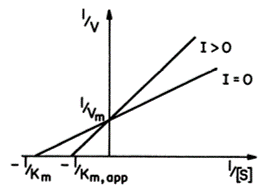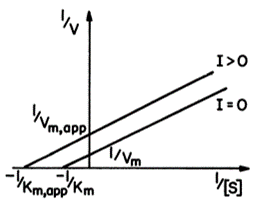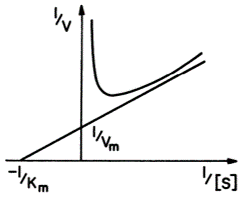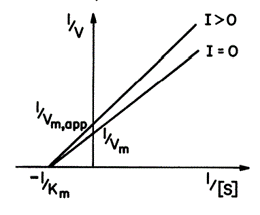#Question id: 14262
#Section 5: Bioprocess Engineering and Process Biotechnology
#Question id: 14263
#Section 5: Bioprocess Engineering and Process Biotechnology
#Question id: 14264
#Section 5: Bioprocess Engineering and Process Biotechnology
#Question id: 14265
#Section 5: Bioprocess Engineering and Process Biotechnology
#Question id: 14266
#Section 5: Bioprocess Engineering and Process Biotechnology
#Question id: 14267
#Section 5: Bioprocess Engineering and Process Biotechnology
In a trickling biological filter, the BOD value of the feed
stream is S0i = 500 mg/l with a feed flow of F = 103 l/h.
The effluent BOD value is desired to be S0 = 10 mg/l. The following
kinetic parameters for the biocatalysts are known: rm = 20 mg/S/l .h
and Ks = 200 mg S/l. The biofilm thickness is L = 0.1 mm. The
cross-sectional area of the filter is A = 2 m2 , and the biofilm
surface area per unit volume of the bed is a = 500 cm2 /cm3
. Assume that dissolved oxygen is the rate-limiting substrate and the diffusion
coefficient of oxygen is DO2 = 2 × 10-5 cm2
/s. Determine the required height of the bed. You can assume first-order
bioreaction kinetics?
_____________________




